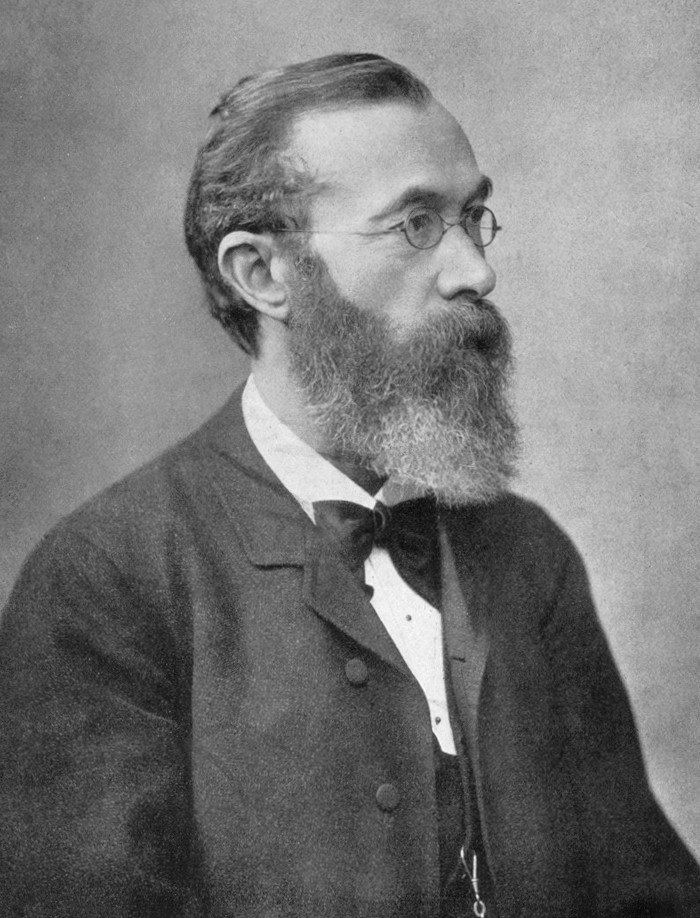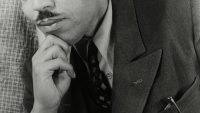Wilhelm Maximilian Wundt was a German psychologist and philosopher who is often regarded as the founder of experimental psychology. Born on August 16, 1832, in Neckarau, Germany, Wundt pursued studies in medicine, physiology, and philosophy before establishing the first laboratory dedicated to experimental psychology at the University of Leipzig in 1879. His pioneering work laid the foundation for the emergence of psychology as a distinct scientific discipline.
Wundt’s approach to psychology was heavily influenced by his background in physiology and philosophy. He believed that the study of human consciousness and mental processes could be approached scientifically through systematic observation, experimentation, and introspection. Wundt’s research focused on topics such as sensation, perception, attention, and memory, and he developed experimental techniques to investigate these processes in a controlled laboratory setting.
One of Wundt’s most influential contributions to psychology was his theory of voluntarism, which emphasized the active role of the mind in organizing and interpreting sensory experiences. He proposed that human consciousness is characterized by a hierarchy of mental processes, with voluntary actions and higher-order cognitive functions playing a central role in shaping behavior and perception. Wundt’s ideas laid the groundwork for later developments in cognitive psychology and experimental methods, shaping the course of psychological inquiry for generations to come.

It’s surely a good idea to look at these 10 interesting facts about Wilhelm Wundt to know more about him.
- Establishment of the First Psychology Laboratory : Wilhelm Wundt founded the first laboratory dedicated to experimental psychology at the University of Leipzig in 1879, marking the birth of psychology as a distinct scientific discipline.
- Introspection as a Research Method : Wundt utilized introspection, a method of self-observation and reporting of conscious experiences, as a key tool in his experimental investigations of mental processes.
- Voluntarism : Wundt developed the theory of voluntarism, which emphasized the active role of the mind in organizing and interpreting sensory experiences, highlighting the importance of voluntary actions in shaping consciousness.
- Structuralism : Wundt’s approach to psychology, known as structuralism, aimed to analyze the structure of the mind by breaking down conscious experiences into their basic components, such as sensations, feelings, and images.
- Cultural Psychology : Wundt also made significant contributions to the field of cultural psychology, exploring the ways in which culture influences thought, behavior, and perception.
- Psychophysics : Wundt conducted research in psychophysics, studying the relationship between physical stimuli and subjective sensory experiences, laying the foundation for the quantitative study of perception.
- Publication of “Principles of Physiological Psychology” : Wundt’s seminal work, “Principles of Physiological Psychology,” published in 1874, is considered one of the most influential texts in the history of psychology, outlining his experimental approach and theoretical framework.
- Founder of the First Psychology Journal : Wundt founded the first journal dedicated to psychology, titled “Philosophische Studien” (Philosophical Studies), in 1881, providing a platform for the dissemination of research in experimental psychology.
- Impact on Education : Wundt’s ideas had a profound impact on the field of education, influencing the development of educational psychology and the application of psychological principles to teaching and learning.
- Legacy : Wilhelm Wundt’s pioneering work laid the groundwork for modern psychology, shaping the direction of psychological research and theory for generations to come. His emphasis on experimental methods, introspection, and the scientific study of mental processes continues to influence the field today.
Wilhelm Wundt’s legacy as the father of experimental psychology is indelibly etched in the annals of scientific history. His groundbreaking work in establishing the first psychology laboratory, developing experimental methods, and advancing theories of consciousness and perception paved the way for the emergence of psychology as a distinct scientific discipline. Wundt’s commitment to rigorous experimentation, coupled with his philosophical insights, revolutionized the study of the mind and laid the foundation for modern psychological inquiry. His influence extended beyond the laboratory, shaping the fields of education, philosophy, and cultural psychology. As we reflect on Wundt’s contributions, we honor his enduring legacy and recognize the enduring impact of his pioneering spirit on the quest to understand the complexities of human consciousness and behavior.



